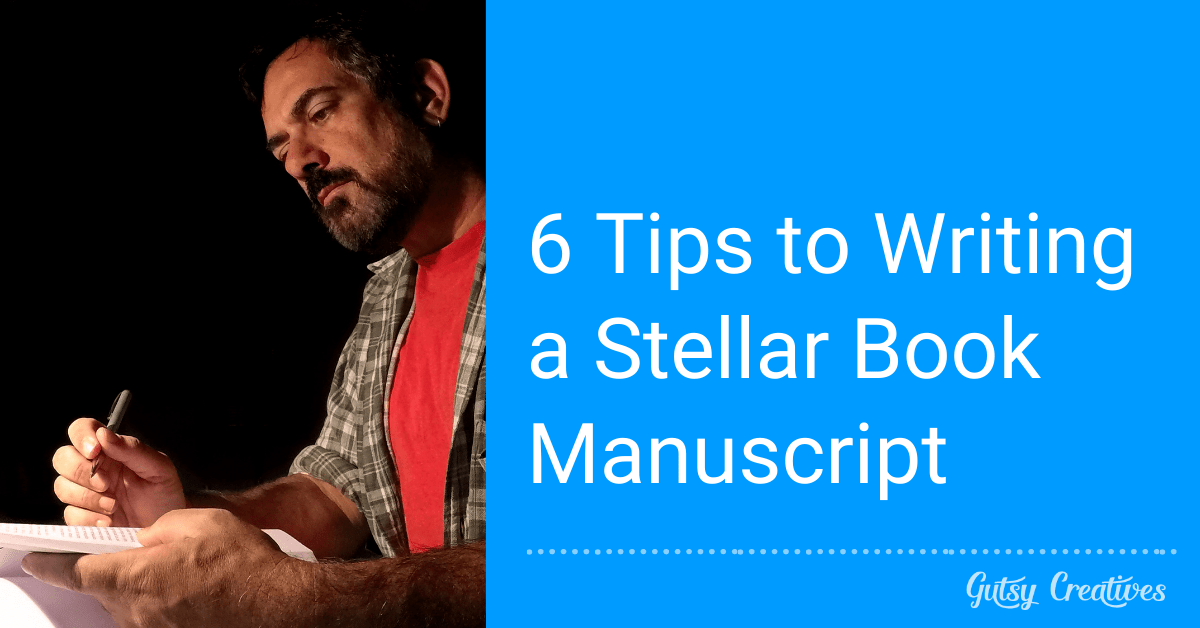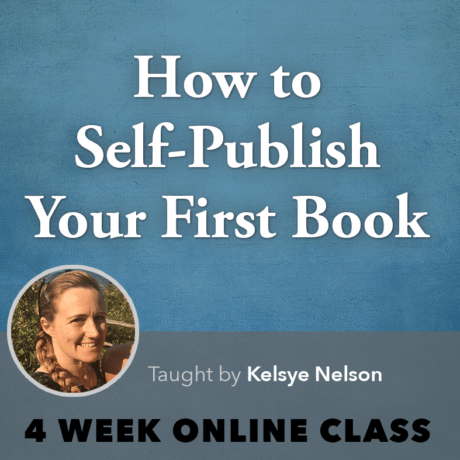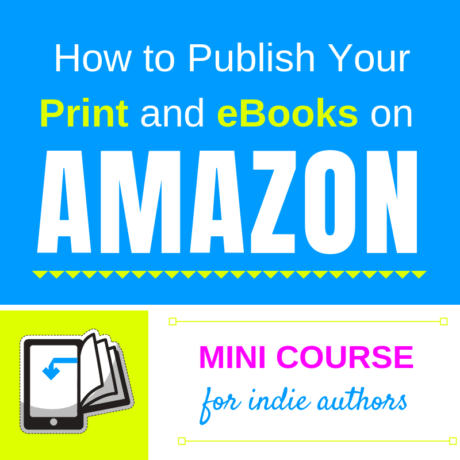

A manuscript is the earliest completed stage of your novel, whether edited or unedited, before publication. Only once you publish it does it officially gain the title of a “book”. A manuscript is essentially the first draft and, while it would undergo countless changes before publication, it is also going to be the most important thing you write.
For, if the editor rejects your manuscript, your story is never likely to see its readers.
Here are some tips to writing a stellar book manuscript, like the manuscripts that went on to become bestselling books—tips from famous authors themselves.
01. Establish a Firm Writing Schedule
“The more comfortable you are concentrating intensely for long periods of time the more successful and productive you’ll be as a writer,” says Cal Newport, author of the Wall Street Journal Bestseller Deepwork.
It’s easy to give in to procrastination, to laziness, to the ever-dreaded writer’s block. The best way to make sure you get your writing done is by dedicating yourself to a routine—a writing schedule—and sticking to it. Give yourself a deadline, and ask someone you know and trust to hold you accountable.
While some authors suggest finding a quiet and relaxing environment to write, Maya Angelou, the world-famous poet, disagrees, instead urging writers to find what works best for them. “You have to get to a very quiet place inside yourself. And that doesn’t mean that you can’t have noise outside. I know some people who put jazz on, loudly, to write. I think each writer has her or his secret path to the muse,” she says.
02. Plan the Skeleton of Your Novel
Before you start writing, plan the skeleton of your novel, outlining the major events that should happen within it. Break down each of these events into smaller pieces—it will make the writing process seem less daunting to you.
Once you have your skeleton, turn your attention to the first line of your novel. This line is, perhaps, the most important line in your entire story, for it should compel your readers to continue reading. In fact, famous novelist Ursula K. Le Guin, in her essay The Fisherwoman’s Daughter, says, “First sentences are doors to worlds.”
Like the first line of Jane Austen’s Pride and Prejudice, a line that lives in the hearts of readers more than a hundred years after it was first written: “It is a truth universally acknowledged, that a single man in possession of a good fortune, must be in want of a wife.”
03. Research
Research is an essential part of writing, regardless of genre. Whether it be about how farming in ancient times functioned, or what name to use for a character of a specific ethnicity, or how a particular word is spelt, research is vital to build the authenticity of your writing. “A lot of what you do in world building is you do your homework. You do your research. Go on walks. See things. All of that—and then take notes,” says New York Times Best-Selling author, Neil Gaiman.
But there is another type of research that most writers dismiss: human behavior. You can’t learn about people through Wikipedia. Your characters need diversity—they need depth. This is what Neil Gaiman has to say about researching people: “You may need to write about types of people who you do not know. And for them, my advice to anybody starting out is just go find them , go talk to them. Talk to people.”
04. End Each Writing Session with a Cliffhanger
Even with a strict writing schedule and a looming deadline, it can be difficult to find the inspiration to continue your story. Try pausing your story in the middle of a scene at the end of every writing session, so when you come back to it the next day, you don’t have to think anew—you simply have to continue from where you left off.
05. Format Your Manuscript Professionally
At the end of your manuscript, think of the editor—and the editor is someone who would read hundreds of manuscripts along with yours. You need to impress them, so your manuscript must follow the standard manuscript formatting to give it a professional look. Nobody wants to read something that looks like the work of an amateur.
06. Let Someone Proofread Your Manuscript
It can be embarrassing to show your finished work to a friend. What if they judge you? What if they think your story is terrible? What if they were simply being polite with their compliments?
However, despite all these questions that would run through your head, you must find a friend or family member to show your work to. Make sure they give you honest feedback, because the editor who reads your manuscript is not going to be lenient with you.
“Listen to the criticisms and preferences of your trusted ‘first readers,’” says Rose Tremain, British novelist and Fellow of the Royal Society of Literature (FRSL), on the importance of having a trusted proofreader.
Sitting down to write your first manuscript can seem like an impossible task. But listen to Stephen King, the king of horror, when he says:
“A radio talk-show host asked me how I wrote. My reply—‘One word at a time’—seemingly left him without a reply. I think he was trying to decide whether or not I was joking. I wasn’t. In the end, it’s always that simple. Whether it’s a vignette of a single page or an epic trilogy like ‘The Lord Of The Rings,’ the work is always accomplished one word at a time.”

Sharika Hafeez
Sharika Hafeez is a nerd, and she’s proud of it. Growing up, she fell in love with books and writing, and is currently following her undergraduate degree (for some mysterious reasons) in Physics. She likes procrastinating by watching the stars with a steaming cup of tea, composing poetry in her head.







0 responses on "6 Tips to Writing a Stellar Book Manuscript"